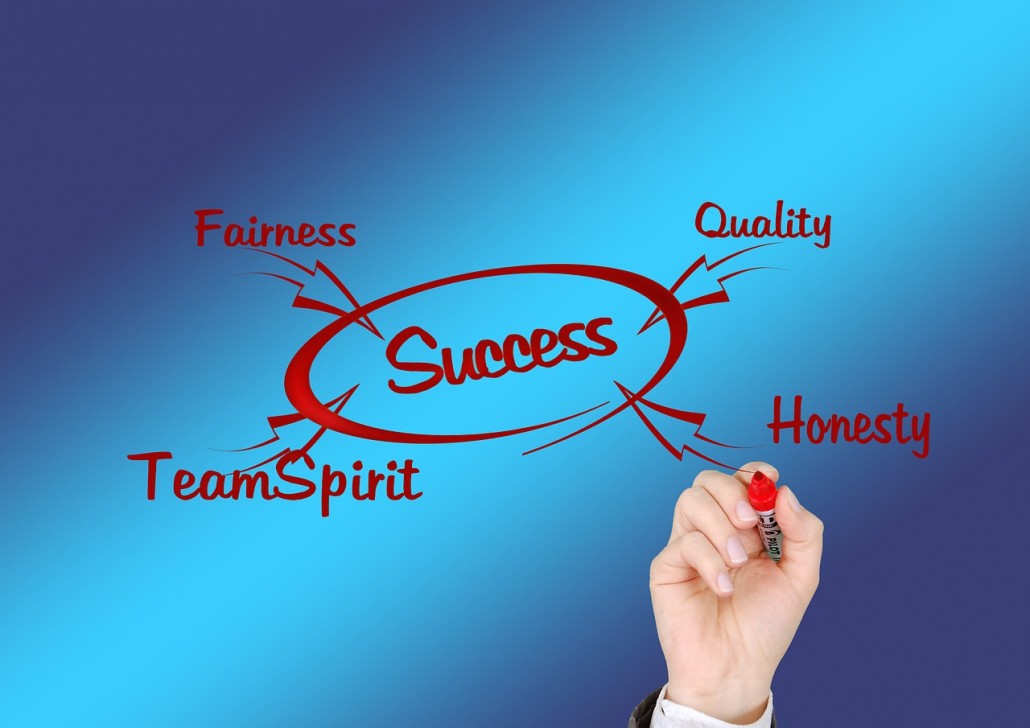
By Ryan Warren, Vice President of Market Development
Understanding your customers has never been more important than it is today. Customers have greater access to information than ever before, which means they have more choices and it’s more challenging to build long-lasting loyalty. But companies need to do this to retain clients long term and generate more revenue. Being customer-focused has its benefits for you as well.
Customer-centricity has four main requirements: recognizing and understanding the differences between each of your customers, realizing the quantifiable value in each individual client, learning who your high-value clients are and how to retain them and utilizing customer data to create a highly personalized experience. Although every person in your organization is responsible for improving customer centricity, your sales representatives need to establish themselves as strategic consultants who play a vital role in your customers’ businesses.
Moving Past “Sales” to Be Seen as an Essential Partner
Sales professionals are usually extroverted and are great at closing deals. But what happens after the sale? Are your reps continuing to check in with clients, or is their contact information just sitting in your CRM? Customer-centric organizations know how to move past the strictly sales mentality to form lasting relationships with their clients. These reps aren’t just people who sell new products and services—they’re viewed as critical business partners who can advise and direct. But your team can’t accomplish this without actionable information.
“A successful salesperson knows how to strike a balance between the science of being a salesperson and the art to match their customer needs,” said Nima Niakan, FirstRain Fellow.
He added that FirstRain can help organizations embrace different methodologies, such as TAS and Challenger, to ensure any information that comes into the organization is analyzed and directed to the right sales rep—the most relevant information in the right platform, categorized under a particular selection based on the methodology. This allows the salesperson to quickly take action on this information.
“FirstRain ups the game for the sales rep and helps them be more efficient with that ‘science’ side of the equation,” Niakan stated.
Bridging the Gap Between Salespeople and Strategic Consultants
While actionable science may seem like a lofty goal to some, companies can’t become more customer-oriented without the right data. So how can salespeople transform their enterprise relationships into more of a partnership?
“By understanding their customers’ ecosystem, knowing what legislative, regulatory and macroeconomic issues are facing their customer and working backwards from there to see how to positions and time the deal to assure it matches the customer’s priorities,” Niakan said.
It can be challenging to establish this type of relationship with your customers, but it pays off in the long run. Being viewed as an essential consultant has benefits in the sales process after the relationship has been developed.
“Once the customer thinks of you as a key partner, now they will come to your first, before looking to a competitor of yours,” he added.
After this trusted status has been gained, the rep can leverage his or her knowledge of the customer to direct clients toward the company’s solutions. This allows customers to get where they want faster, more efficiently and have a desired impact by utilizing your products and solutions.
“The relationship will open a channel for the customer to ask for new features and products that put you in the lead and help you get more ingrained inside the customer’s organization,” Niakan stated.
